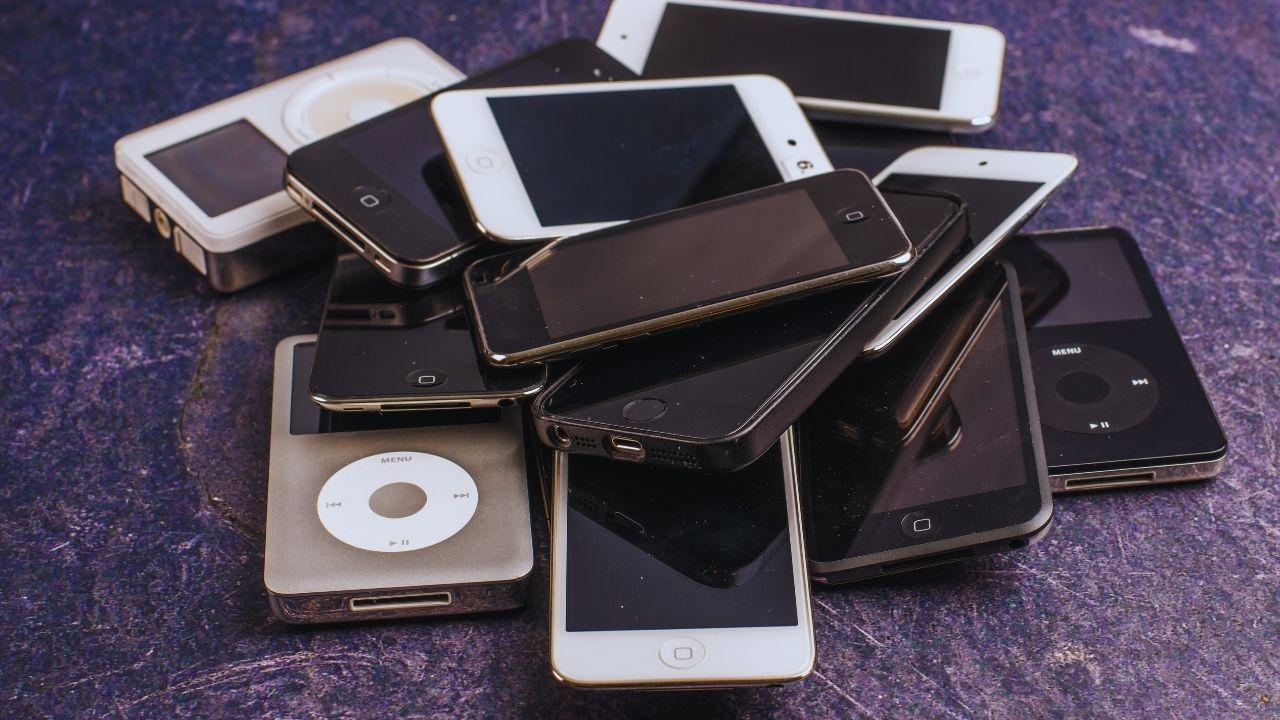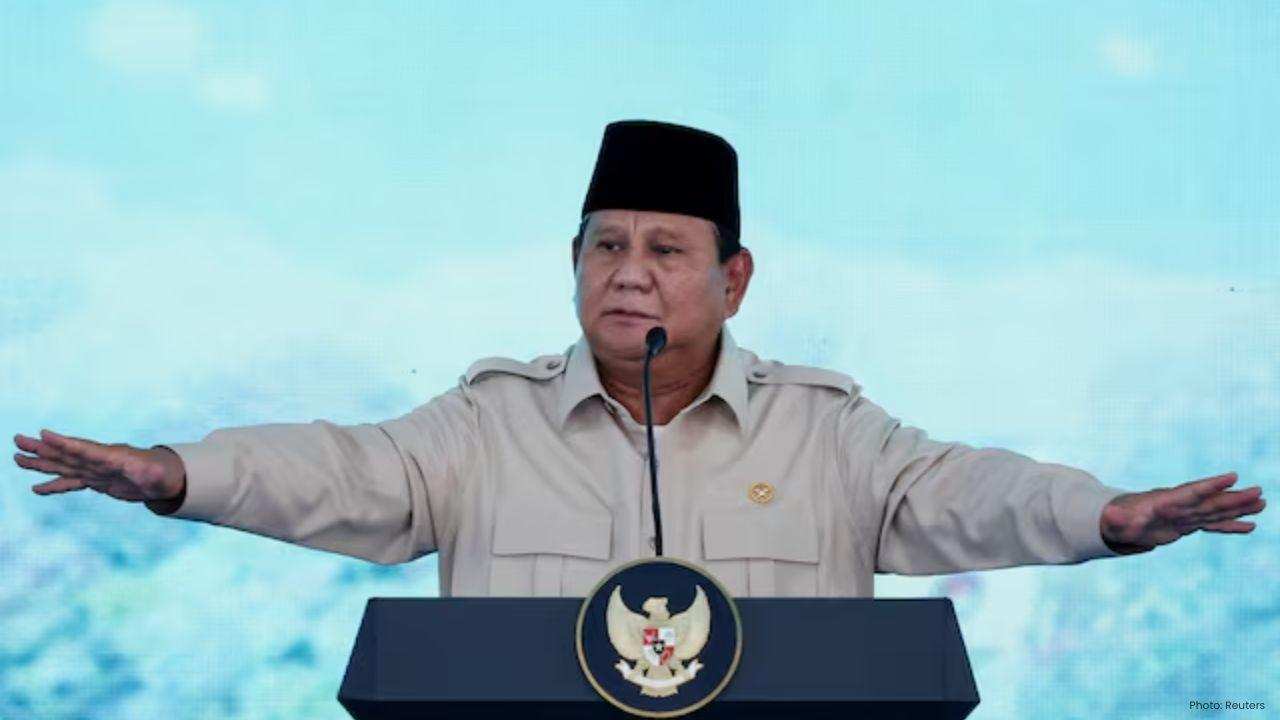
Join 10k+ people to get notified about new posts, news and tips.
Do not worry we don't spam!

Post by : Anis Farhan
The average smartphone today has a lifespan of just three to four years before users upgrade to a newer model. With each cycle of replacement, millions of old phones end up gathering dust in drawers or worse, being discarded improperly. South Korea, one of the world’s most digitally connected nations, faces this problem at scale. Yet, rather than letting electronic waste pile up, the country has developed innovative ways to extract wealth from discarded devices.
Every smartphone contains small amounts of precious metals such as gold, silver, cobalt, and rare earth elements, which are essential for manufacturing modern electronics. Traditionally, these resources are mined, a process that is environmentally destructive and geopolitically complex. South Korea’s approach flips the script: instead of mining the earth, it is “urban mining” — extracting valuable materials from discarded electronics. This shift is turning a major environmental problem into an economic opportunity.
South Korea has one of the highest smartphone penetration rates in the world. With over 95% of its population using smartphones, the country generates vast amounts of e-waste annually. In 2024 alone, millions of devices were discarded, contributing to a growing stockpile of unused electronics.
Unlike other countries where e-waste often ends up in landfills or is shipped overseas, South Korea has developed a domestic system to handle this waste efficiently. The government has implemented strict regulations requiring manufacturers and consumers to take responsibility for end-of-life electronics, laying the foundation for a comprehensive recycling ecosystem.
The South Korean government plays a central role in promoting e-waste recycling. Policies such as the Extended Producer Responsibility (EPR) law require electronics manufacturers to collect and recycle a percentage of the products they sell. This has compelled companies like Samsung and LG to set up nationwide collection programs, encouraging consumers to return their old phones through drop-off points, retail stores, and trade-in schemes.
Tax incentives and subsidies have also been introduced to support recycling companies investing in advanced technologies. These measures not only reduce the environmental impact of e-waste but also stimulate the economy by creating jobs in the recycling sector.
Urban mining has become a cornerstone of South Korea’s e-waste strategy. Specialized recycling facilities dismantle smartphones and other devices to extract valuable raw materials. For example, one ton of discarded smartphones can yield far more gold than a ton of ore from a traditional gold mine.
In state-of-the-art facilities, machines shred devices into small pieces, separating plastics, metals, and glass. Chemical processes are then used to isolate precious metals like palladium, platinum, and cobalt. These reclaimed materials are fed back into the supply chain, reducing dependence on imports and volatile global markets.
Urban mining is not only profitable but also significantly reduces the environmental footprint of resource extraction. By recycling metals, South Korea cuts down on carbon emissions associated with mining and refines its position as a leader in sustainable technology.
Major South Korean companies are heavily involved in the recycling movement. Samsung, the country’s largest smartphone manufacturer, runs large-scale collection programs, offering discounts or incentives to customers who trade in old devices. LG has implemented similar initiatives, ensuring that phones are funneled back into the recycling ecosystem rather than discarded improperly.
Consumer participation has been equally important. Public awareness campaigns have educated citizens on the environmental and economic benefits of recycling old electronics. Schools and community centers host drives where people can drop off their unused gadgets, while apps help track the nearest collection points.
This collective effort between corporations, consumers, and the government has created a culture where recycling electronics is seen not as an obligation but as a responsibility.
South Korea’s success also stems from its investment in cutting-edge recycling technologies. Advanced robotics are now used to disassemble smartphones with precision, ensuring maximum recovery of rare materials. Artificial intelligence systems help identify and sort components more efficiently, reducing waste and increasing profitability.
Chemical engineering breakthroughs have also made it possible to recover materials at higher purity levels, which are essential for reuse in high-tech industries. These innovations have turned recycling into a sophisticated process that rivals traditional mining in efficiency and profitability.
Recycling smartphones is not just about protecting the environment; it is also a lucrative business. The global demand for rare earth metals and precious materials is rising, driven by the growth of electric vehicles, renewable energy technologies, and consumer electronics. By tapping into its domestic supply of discarded devices, South Korea is reducing its reliance on imports and creating a steady stream of valuable resources.
Estimates suggest that the country recovers hundreds of kilograms of gold, silver, and cobalt annually through e-waste recycling. These reclaimed resources support local industries, making South Korea more resilient in the face of global supply chain disruptions. Additionally, the recycling sector has generated thousands of jobs, from engineers designing advanced recycling systems to workers in collection and processing facilities.
South Korea’s approach to e-waste recycling is also helping the country meet its sustainability goals. By reducing the need for traditional mining, the nation is cutting down on greenhouse gas emissions, land degradation, and water pollution.
Internationally, South Korea is setting an example for other nations struggling with the e-waste crisis. The country is now exporting its recycling expertise and technologies to Southeast Asia, Africa, and Europe, showing how urban mining can be scaled globally.
Despite its success, South Korea’s e-waste system still faces challenges. Many consumers still hoard old devices at home, delaying their entry into the recycling stream. Ensuring a steady supply of discarded devices requires continuous public engagement and incentives.
Another issue is the rapid evolution of smartphone technology. As devices become more compact and use newer materials, recycling processes must constantly adapt. Balancing profitability with environmental responsibility remains a complex task.
Looking ahead, South Korea aims to expand its recycling capabilities even further. Plans are underway to integrate more renewable energy into recycling facilities, making the process greener. Startups are emerging with innovative solutions such as blockchain-based tracking systems to ensure transparency in e-waste management.
The government has also signaled its intention to tighten regulations and increase collection targets, ensuring that no valuable device ends up wasted. With global demand for rare metals expected to skyrocket, South Korea’s early investment in e-waste recycling positions it as a leader in the sustainable economy of the future.
South Korea’s journey from struggling with electronic waste to leading the world in e-waste recycling demonstrates what is possible when technology, policy, and public participation align. By viewing discarded smartphones not as trash but as a resource, the nation has created a sustainable cycle of consumption, recovery, and reuse.
As the global community faces mounting e-waste challenges, South Korea’s model offers a blueprint for turning an environmental hazard into economic wealth. In a world where resources are finite, the ability to recover and reuse materials from old devices may well define the future of sustainable development.
This article is prepared as an editorial feature for informational purposes. It highlights South Korea’s e-waste recycling strategies and does not serve as investment, policy, or technical advice.










Paramount+ to Stream PBR’s 'Unleash the Beast' in New Five-Year Deal
Paramount+ will stream PBR’s 'Unleash the Beast' across the U.S. starting this December under a five

Zohran Mamdani Clinches NYC Mayoral Seat as Victory Speech Blends Politics and Bollywood
Zohran Mamdani won New York City's mayoral race, becoming the city's first Muslim and South Asian ma

India Wins First Women’s World Cup 2025 Title
India lifts its maiden Women’s World Cup 2025 title! Harmanpreet Kaur’s team stuns South Africa in a

Manuel Frederick, 1972 Olympic Bronze Goalkeeper, Dies at 78
Manuel Frederick, a member of India’s 1972 Olympic bronze hockey team, has died in Bengaluru at 78 a

Muhammad Hamza Raja Wins IFBB Pro Card Puts Pakistan & UAE on Global Stage
Pakistani bodybuilder Muhammad Hamza Raja earns IFBB Pro Card in Czech Republic, showcasing Dubai’s

Shreyas Iyer’s Recovery Underway After Spleen Laceration in Sydney ODI
Shreyas Iyer is recovering after a spleen laceration sustained while taking a catch in the Sydney OD